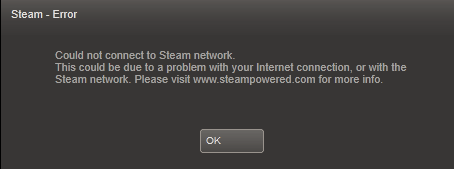
#Perfecttunes could not connect full#
Throughout, Perfect Tunes is full of vague descriptions and clunky dialogue, and when it comes time for Gould to express the feelings brought on by a great song-or even capture the reasons that music is so important to her characters-she either avoids the matter or simply flounders. For one, Gould isn’t quite up to the task of transmogrifying music-a fundamentally non-verbal art form-into vivid sentences. Early chapters, when Laura is young and childless, fail to show what it is, specifically, that songwriting does for her. Laura’s musical aspirations and how they conflict with her responsibilities and identity as a parent-never feels as alive as the mother-daughter relationship. Gould skillfully tracks Marie’s struggle with depression and Laura’s guilt about feeling unfulfilled by a life devoted to parenthood.

Music drives the lives of her characters, but you almost wouldn’t know that from the lack of musicality to Gould’s prose. But her approach to writing about music leaves much to be desired. Gould’s writing comes to life when revealing the intricacies of a mother-daughter relationship, as it does extensively in the latter two of the book’s three parts. That’s some generous wisdom from a writer who was once cast as her generation’s preeminent navel-gazer. Gould, in the end, is not suggesting that oft-told myth that motherhood makes artistic life impossible she is showing, through Laura and Marie’s relationship, how unexpressed creativity can become as painful to carry as unpumped breast milk. These connections and causalities can feel too neatly diagrammed: Pregnant characters puke with suspiciously fateful timing intergenerational ailments are a bit too directly handed down.
#Perfecttunes could not connect series#
She ages in a short series of overbrief chapters, and before we know it, she’s fourteen and battling the same depressive and addictive tendencies as her late father and his mother. As Marie gets older, time flies, sometimes to the detriment of the novel’s rhythm. Gould remains expertly attuned to the tiny details that reveal a bohemian-seeming New Yorker’s actual tax bracket. Perfect Tunes-perhaps not coincidentally the first book Gould has published since becoming a mother-does not skimp on the shit, vomit, or other biological sundries that accompany raising a child. In Perfect Tunes, motherhood is not a moralistic weapon to wield against the uninitiated childless masses, but rather a prism through which we might reconsider our choices and who we make them for. Nor is it even a simplistic second-wave feminist declaration that a woman can have both a family and a career. She suggests neither that Laura has sacrificed too much of her ambition to become a mother, nor that Laura’s choice is altruistic in a way that childless young women living selfish, frivolous lives simply cannot comprehend.

Gould succeeds in representing Laura’s situation evenhandedly. evocative details buoy Gould’s sometimes mundane prose, as do occasional simple but pitch-perfect observations about life, youth, and infatuation that sear with emotional accuracy.

when Laura becomes pregnant, Perfect Tunes diverges from the familiar tropes, becoming a subtle and complex meditation on motherhood and how it can throw all of our choices, and their costs, into sharp relief.


 0 kommentar(er)
0 kommentar(er)
